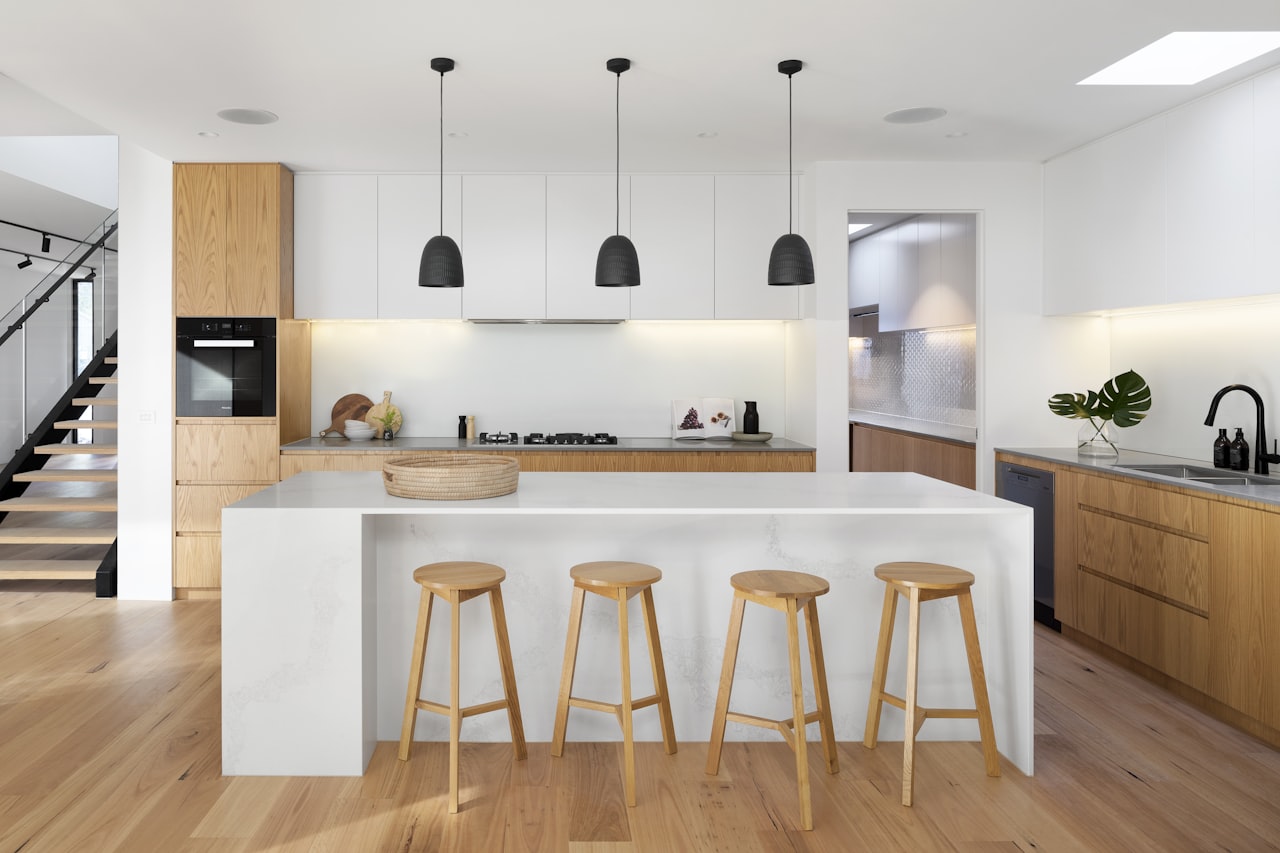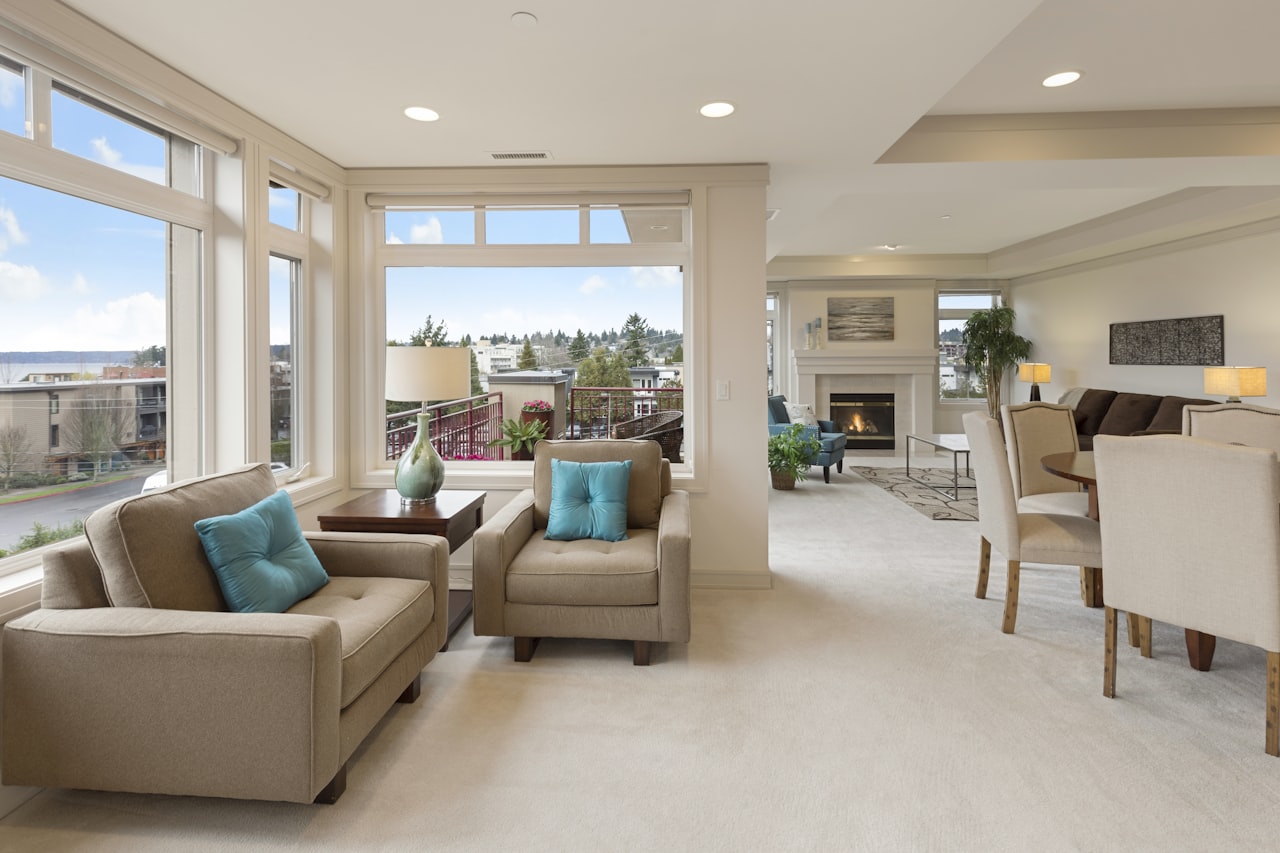When it comes to enhancing your home's value, the road to renovation is paved with both promising investments and potential pitfalls. Understanding which home improvements will bolster your property’s market value and which might falter can steer you toward making savvy decisions. Here’s an insider’s guide on what to embrace and what to avoid.
Valuable Upgrades That Pay Off
-
Smart Kitchen Refreshes
- Efficient Updates: Tackle a kitchen upgrade with the intent to modernize rather than overhaul. Think strategic changes: swapping out old appliances for sleek, energy-efficient models, refreshing cabinet faces, and installing new countertops can transform the space.
- ROI Spotlight: Minor kitchen refreshes are consistently top performers in ROI, offering a compelling blend of visual appeal and functional improvement.
-
Bathroom Revamps
- Essential Enhancements: Focus on the essentials that matter—updating fixtures, improving lighting, and installing modern conveniences like low-flow toilets and double vanities can significantly enhance both usability and attractiveness.
- Marketability Boost: A well-executed bathroom update can recapture a substantial portion of your investment by appealing to efficiency-minded buyers.
-
Eco-Friendly Innovations
- Sustainability Upgrades: From double-paned windows to solar panels, eco-friendly improvements not only reduce utility bills but also appeal to the growing segment of environmentally conscious buyers.
- Added Incentives: Many green upgrades come with the bonus of tax incentives, further enhancing their attractiveness.
-
Curb Appeal Enhancements
- First Impressions: Never underestimate the power of curb appeal. Simple updates like a new front door, refreshed landscaping, or a fresh coat of paint can make a lasting first impression.
- Cost-Effective Changes: These enhancements are generally less expensive but yield substantial benefits in curb appeal and first impressions.
Less Rewarding Upgrades
-
Over-the-Top Kitchen Makeovers
- Excessive Expenditures: Ultra-high-end kitchen remodels often do not yield proportional increases in property value, especially in modest markets.
- Personalized Tastes: Highly customized kitchen designs can alienate potential buyers whose preferences might differ.
-
Opulent Bathrooms
- Luxury Overloads: While luxurious bathroom features might seem appealing, they can overshoot the expectations and needs of average buyers, making this a less favorable investment.
- Steep Costs: Luxurious upgrades carry hefty price tags that may not see a return in most markets.
-
Swimming Pools
- Climate Constraints: In regions with cooler weather, pools can detract from a home's appeal due to maintenance and operational concerns.
- Perceived Hassles: The ongoing maintenance and insurance costs associated with pools can turn off potential buyers.
-
Extensive Carpeting
- Waning Popularity: With a shift towards hardwood and tile, extensive carpeting can reduce appeal and exacerbate allergy concerns.
- Style Risks: The highly subjective nature of carpet styles can clash with prospective buyers’ tastes.
Final Thoughts
Embarking on home improvements should be done with a strategic mindset. Consider your local market, potential buyers, and the inherent value of each upgrade. By focusing on smart, impactful renovations, you can enhance your home’s appeal and value without overstepping practical boundaries. Whether it’s boosting functionality or aesthetic charm, the right improvements can make a significant difference in your home’s market standing. Want to learn more about leveraging these insights for your property or curious about navigating market trends? Feel free to reach out for personalized advice.


